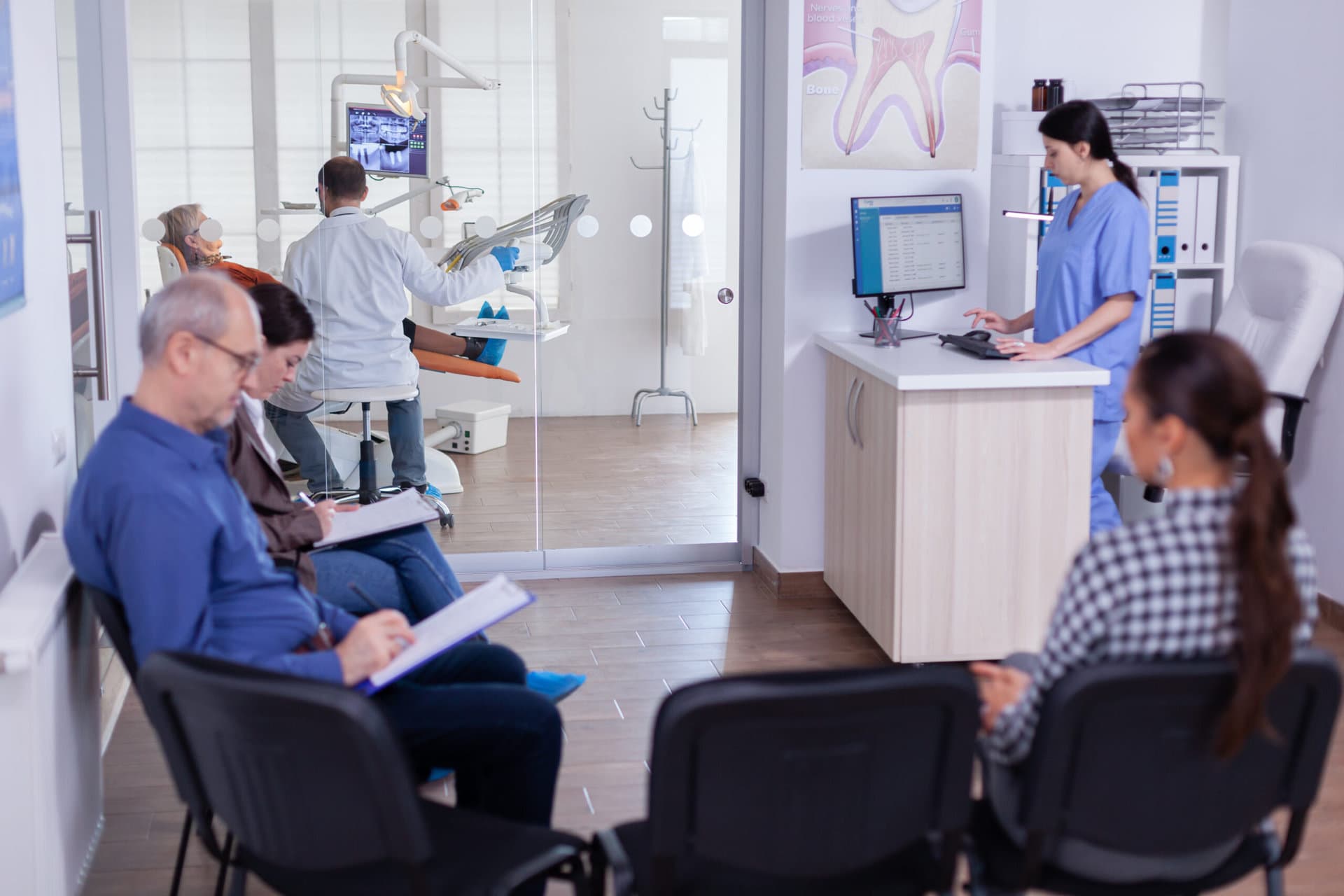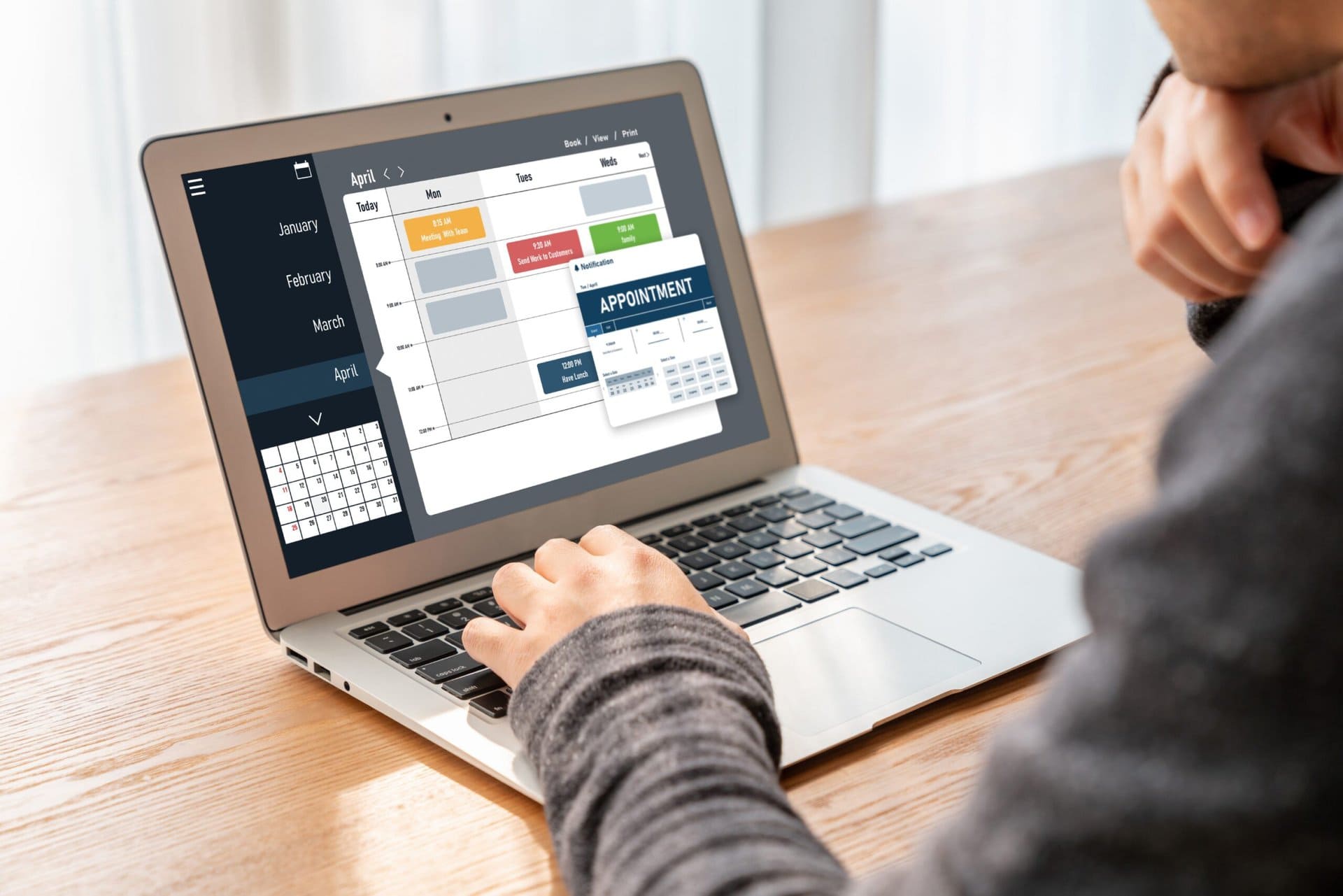Building A Productive Dental Practice Schedule While Still Leaving Time For Family
Having a well-thought-out daily schedule is essential to running a successful dental practice. But when your days are filled with patient appointments, administrative tasks, and other duties, finding time for friends and family can be difficult. Fortunately, by taking a few simple steps, you can build a productive dental practice schedule while still leaving time for the most important people in your life. This blog post covers the basics of creating a daily schedule that ensures your dental practice is productive while leaving you time for the people who matter most.

Why Do You Need A Schedule?
In its simplest form, a schedule is a plan or a timetable that outlines how you intend to spend your time. In a dental practice, scheduling can be the difference between a smooth and successful work day, and a chaotic one. Having a schedule is essential to keep things running efficiently and to make sure everyone knows what to do (and when). It also helps to manage patient appointments, ensuring that everyone receives the care they need in a timely manner.
But a schedule isn’t just about managing time. It’s also about managing expectations. You can communicate your expectations to your team members and patients when you have a clear schedule. This allows everyone to understand what they need to do and when they need to do it. Without a schedule, it’s easy to become disorganized, and things can quickly spiral out of control.
In short, having a schedule is critical to running a productive dental practice. It enables you to manage your time effectively, keep things organized, and provide the best possible care to your patients. So, let’s dive into how you can build a productive schedule that leaves you with plenty of time for your family.

How To Build A Productive Schedule
A productive schedule is a roadmap for the dental practice team, detailing who does what, when, and how. It should include appointments, patient treatment, staff breaks and meetings, as well as other non-clinical tasks. The key is ensuring that your schedule maximizes efficiency while minimizing stress for you and your staff.
Here are some steps to take when building a productive schedule for your dental practice:
1. Analyze your current schedule: Look at your practice’s existing schedule and determine which procedures and tasks take the most time. Evaluate how long appointments and procedures take on average and adjust accordingly.
2. Prioritize tasks: Prioritize tasks by level of importance and urgency. High-priority tasks, such as emergency appointments, should be given priority over low-priority tasks.
3. Consider peak hours: Determine peak hours for your dental practice and make sure you have more staff on duty during these times. Peak hours differ for every practice, so you must pay attention to patterns in your patient scheduling and staff workload.
4. Delegate effectively: Assign tasks and procedures to staff members based on their qualifications and expertise. Delegating tasks effectively allows staff to work efficiently and reduces the need for micromanagement.
5. Keep appointments organized: Scheduling appointments back-to-back can lead to delays and decreased productivity. Schedule enough time for each appointment, including clean-up and preparation for the next patient. 6. Make adjustments: Review and adjust your schedule as necessary. Factors such as staff absence, unexpected cancellations, or appointments running over schedule may affect your original plan.

Tips For Sticking To Your Schedule
1. Set Realistic Goals: It’s important to set realistic goals for each day and ensure that you’re not overloading your schedule. If your schedule is too overwhelming, you’ll find it harder to stick to it.
2. Prioritize Your Tasks: Make sure you’re giving the most important tasks your top priority. This means identifying what needs to be done and working on those tasks. If you have some tasks that can wait, leave them for later in the day.
3. Stay Focused: Avoid distractions that can disrupt your schedule. If you’re easily distracted, try using apps that block websites and apps that may take up your time during work hours. Keep your workspace tidy and uncluttered, so you’re less likely to be sidetracked by other tasks.
4. Take Breaks: It’s essential to take regular breaks throughout the day. Breaks help you recharge and refocus, which will keep you productive throughout the day. Take 10-15 minute breaks every few hours and try to step away from your desk during those breaks.
5. Delegate Tasks: Don’t be afraid to delegate tasks to other team members. If you’re feeling overwhelmed, assign tasks to team members better-equipped to handle them. This will free up your time to focus on other tasks that require your attention.
6. Use Time-Management Tools: Utilize time-management tools such as a calendar or scheduling app to keep track of your schedule. You can set reminders for important deadlines and alerts for upcoming meetings or appointments.
By following these tips, you’ll be better equipped to stick to your schedule and get the most out of your workday. Remember, it’s important to find a balance between being productive and enjoying time with your family outside of work hours. With some planning and organization, you can build a productive schedule that leaves room for your personal life.

The Benefits Of A Good Schedule
One of the main benefits of having a good schedule in a dental practice is the ability to better manage your time. With a schedule in place, you and your staff can make the most of every minute in the day, which can lead to increased productivity and more efficient patient care.
But the benefits of a good schedule extend beyond the walls of the office. You can also carve out more time for yourself and your family outside of work by effectively managing your time. With a productive schedule in place, you may be able to wrap up your day at the office at a reasonable hour and still have time to spend with your loved ones.
A good schedule can also lead to increased job satisfaction among you and your staff. When you’re able to effectively manage your time and get more done in the day, you’ll likely feel less stressed and more accomplished. And when you and your team are happy and motivated, your patients are more likely to have a more positive experience during their visits.Overall, building a productive schedule in your dental practice can positively impact your professional and personal life. By maximizing your time at work, you can enjoy more time for the things that matter outside the office, like spending time with your family and pursuing your hobbies and interests.

Conclusion
Building a productive schedule in a dental practice can seem like a daunting task, but with the right strategies and mindset, it is completely achievable. Not only does it help ensure that you have enough time to get all your work done, but it also allows you to spend quality time with your family and enjoy the other aspects of your life outside of work.By prioritizing your tasks, being realistic with your time, and making the most of the tools available, you can create a schedule that works for you and your patients. Additionally, sticking to your schedule is crucial to ensuring its success, so be sure to hold yourself accountable and make adjustments when necessary.

At the end of the day, a well-structured schedule benefits you, your team, patients, and overall practice success. By making the most of your time in the office, you can improve patient satisfaction, increase productivity, and ultimately grow your business.If you want to learn more about building a productive dental practice schedule and other tips for running a successful practice, be sure to check out our podcast for even more expert advice and insights.

